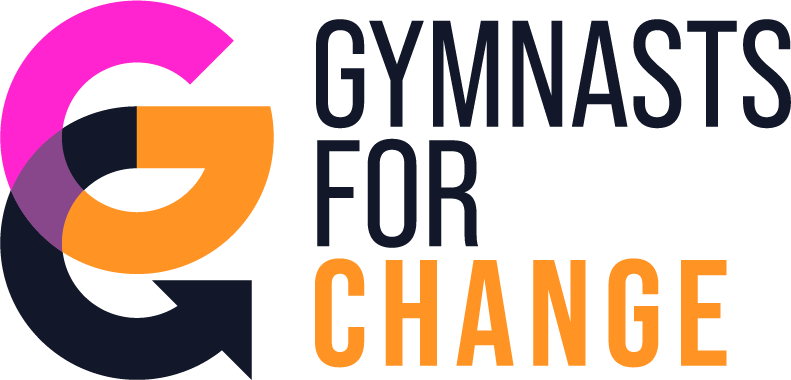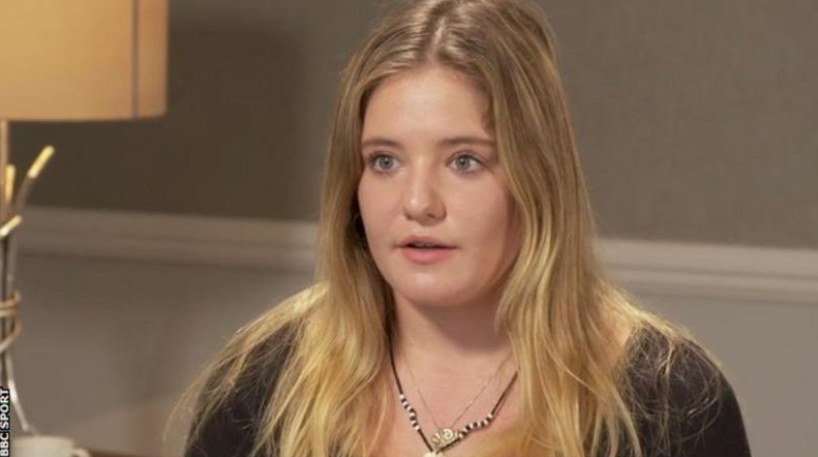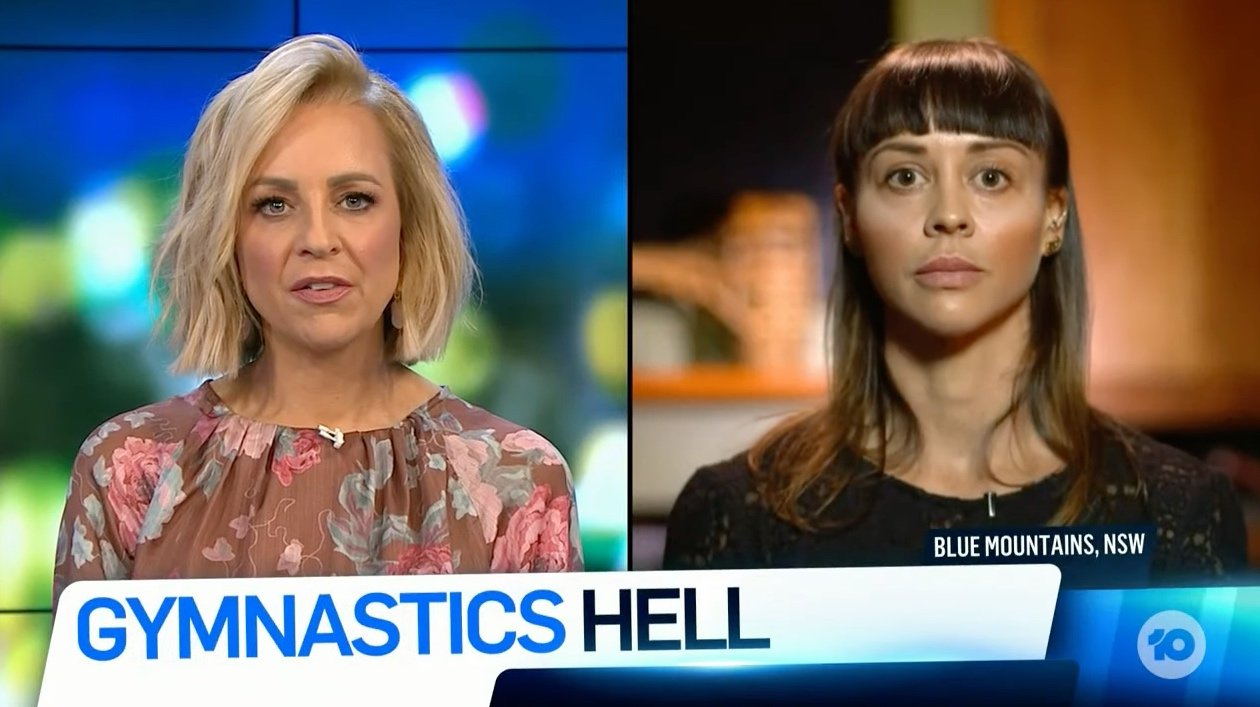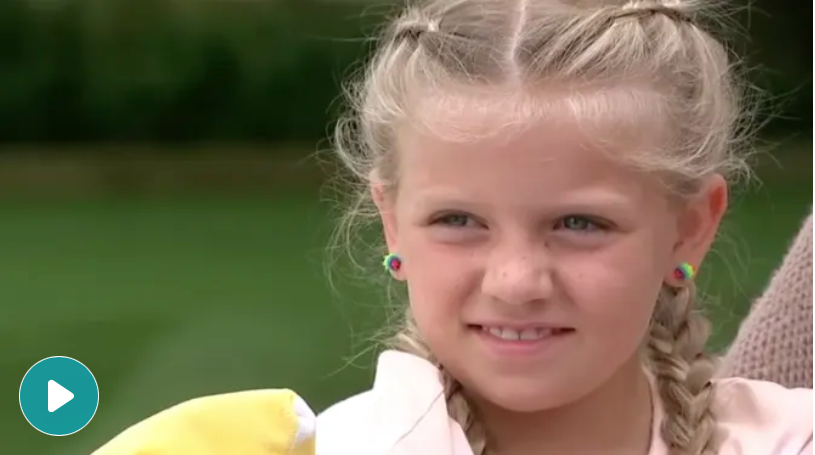Women’s Artistic Gymnastics has since the 2016 USA Gymnastics sex abuse scandal and the release of the Netflix documentary Athlete A in 2020, experienced a significant global reckoning.
Never before have gymnasts from around the world turned to journalists and online media to disclose the realities they have experienced – violent coaching behaviours, abusive training methods, individual and organisational neglect and negligence, and a myriad of short and long-term consequences to health, well-being, identity and more generally, lives. Gymnasts for Change was founded in 2020, following the Gymnast Alliance Movement on Twitter to support gymnasts around the world to use their voice to affect long-term transformative culture change across the sport.
The Gymnast Alliance MOVEMENT
Jennifer McIlveen - Founder of the #gymnastalliance & Gymnast for Change Ambassador
“Watching documentary Athlete A, there were moments that felt far too close to home for me and many of the gymnasts I know and trained with in the UK. In response, I drafted a statement for the Gymnastics community to share, taking a stand against abusive practices. Gymnasts for Change is the next step on this journey to a brighter future”.
Athletes Around the World speak out
-

Alison Quigley, Australia
“For decades I said nothing about the sexual abuse I suffered at the hands of my gymnastics coach. Everything changed in 2016 when the radio began streaming Australia’s Royal Commission testimony - stories of abusers across all sports hurting children who had been trapped in the same position as me. I spoke to the police, our team was amazing and we secured a conviction in 2017”.
-

Amelia Cline, Canada
“After watching the Athlete A documentary and hearing stories of other brave gymnasts, I shared my own story in 2020 which set me on an incredible journey into survivor advocacy. Since publishing my blog, I have had the opportunity to connect with current and former gymnasts with similar stories of abuse across the country. Together we have helped to create a survivor network in Canada of over 500 people calling on our sports and government leaders to demand change”.
-
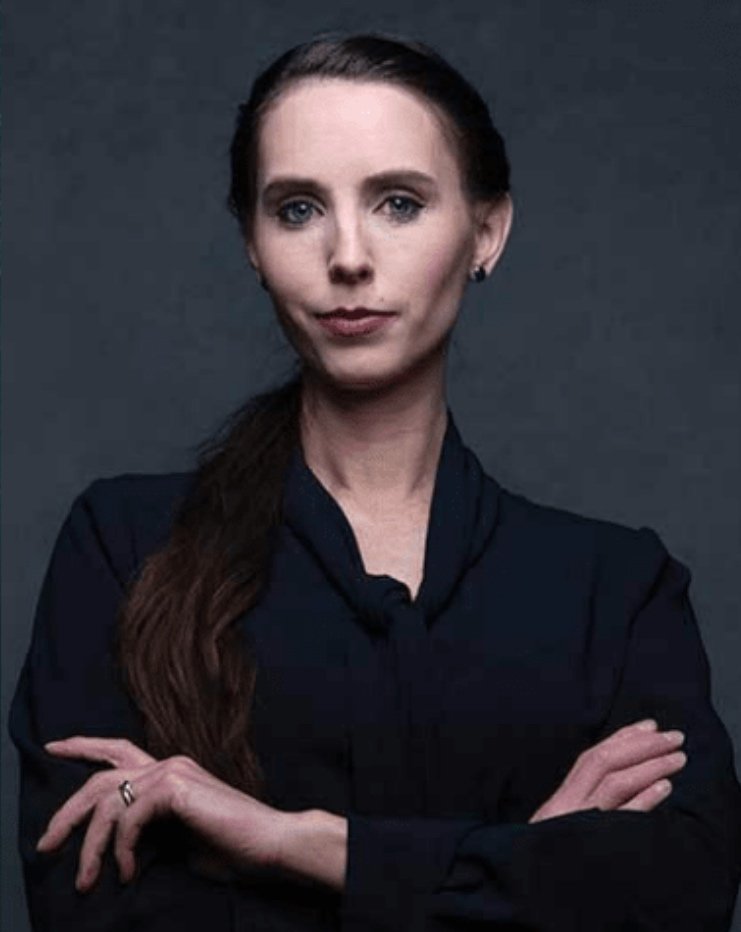
Rachael Denhollander, USA
“Survivors are having to fight to heal from their own abuse, while also telling the truth to change the culture and policy of the sport which is an incredible weight to put on them; and I hope what comes out of the Whyte Review is that the leaders and those in positions of authority, complicit in the system, are removed - and a new generation of leaders comes in to take up that mantel, lifting some of the burden off the survivors - carrying it with them, and for them.”
-

NICOLE PAVIER, UK
“I’m a former elite gymnast and now a children’s nurse practitioner with a specialist interest in mental health and safeguarding. I trained at several clubs across the UK and suffered abuse in two separate regions, making me aware of the systemic nature of the problems in our sport. It is paramount to me that National Governing Bodies enhance their knowledge of safeguarding by listening to those who have lived experience of abuse to create meaningful and lasting change.”
addiction & gymnastics.
In November 2022, Nile Wilson gave a TED Talk about the dark side of life as an Olympic Gymnast. Here he outlines the relationship between his struggles with addiction, eating disorders, risk taking, and gambling and the mindset required to win medals on a world stage.
the chaos of healing.
In gymnastics, the line between hard work and abuse is frequently violated. Here Gabriela Santacruz, a former gymnast from Ecuador, shares her experiences of being an elite gymnast and the overwhelming effects she experienced from over-training, body shaming and multiple forms of emotional and physical abuse. This talk was given at a TEDx event using the TED conference format (independently organised by a local community at the University of Northumbria).
More Voices
